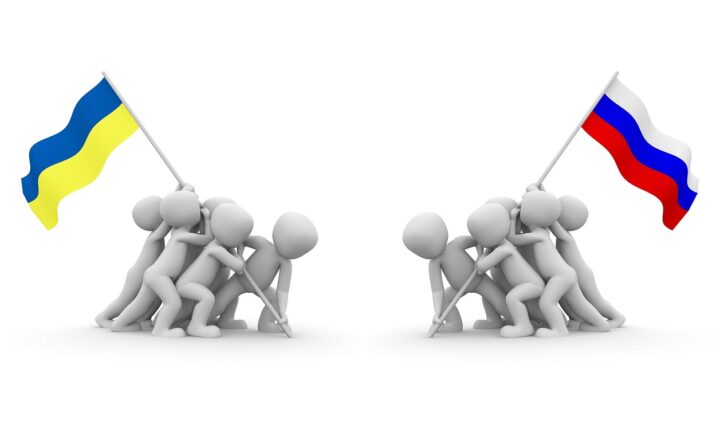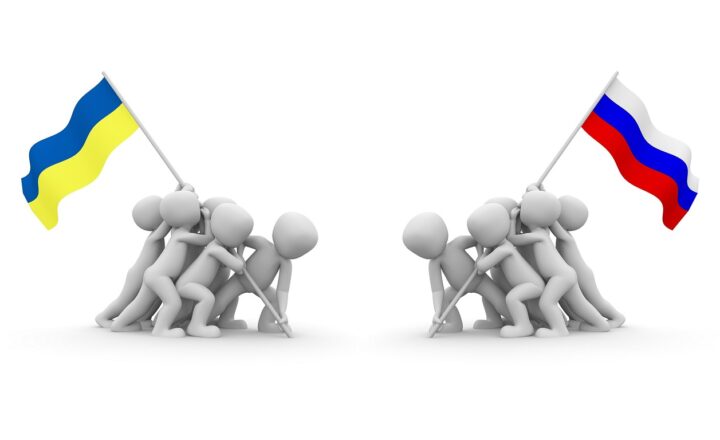
History is often narrated through the triumphs of great leaders, significant battles, and monumental discoveries. But behind those towering narratives lie countless untold stories that have shaped the world in subtle yet profound ways. These lesser-known tales hold vital lessons about humanity, resilience, morality, and the complex fabric of society. In this article, we will explore these untold stories of history and discuss why they matter today.
1. The Importance of Untold Stories
Untold stories fill the gaps in our understanding of history. They offer perspectives that mainstream narratives often overlook, allowing us to grasp the full scope of human experience. These stories can reveal the following:
- Diversity of Experiences: History is not monolithic. By uncovering untold stories, we embrace the diversity of human experiences, especially those of marginalized groups facing discrimination or erasure.
- Lessons from the Past: Untold stories often contain powerful lessons that can guide our decisions today. They expose errors in judgment, ethical dilemmas, and triumphs over adversity, enriching our moral and ethical frameworks.
- Connection to the Present: Understanding how past events and individuals contributed to today’s world allows us to make connections and appreciate the long-lasting impact of history. Through these connections, we can engage in informed discussions about current societal issues.
By engaging with untold stories, we develop a richer understanding of our collective past and, consequently, our present.
2. Examples of Untold Stories
Let’s delve into a few notable examples of untold stories that illustrate their significance:
The Hidden Figures of Science
While many are familiar with the achievements of renowned scientists like Albert Einstein or Isaac Newton, the contributions of women and people of color often remain in the shadows. For instance, the work of women mathematicians like Katherine Johnson, Dorothy Vaughan, and Mary Jackson in early NASA programs was instrumental in the success of American space exploration but was largely unrecognized until recent years. Their stories serve as a reminder of how societal biases can limit recognition and appreciation of talent and innovation.
Indigenous Narratives
The histories of Indigenous peoples have frequently been overshadowed by colonial narratives. Stories of resistance, adaptation, and survival among Indigenous communities provide vital insights into sustainable living, stewardship of natural resources, and the importance of cultural identity. These stories challenge dominant historical interpretations and prompt critical reflection on the consequences of colonialism today.
Silent Voices of War
Wars often glorify the narratives of generals and political leaders, but the voices of ordinary soldiers and civilian life experiences are frequently neglected. For instance, accounts of women who remained behind to support the war effort or the experiences of children during conflict are essential for understanding the human cost of war. These narratives bring a nuanced perspective to historical events and highlight issues of resilience, suffering, and personal sacrifice.
3. The Legacy of Untold Stories in Modern Society
Untold stories not only enrich our understanding of history but also foster a climate of empathy and social progress in modern society. Here’s how they matter:
- Fostering Empathy: Engaging with diverse narratives cultivates empathy, as we begin to see the world through the eyes of others. Understanding varied experiences helps us to be more compassionate and inclusive in our interactions and policies.
- Informing Policy Decisions: Untold stories that reveal the realities faced by marginalized communities can inform public discourse and policy decisions. By grounding legislation in the lived experiences of these groups, we can create fairer and more equitable policies.
- Empowering Future Generations: Sharing untold stories ensures that future generations learn from the past. Educating young people about the complexities of history encourages critical thinking and a deeper understanding of societal dynamics, fostering activism and involvement in important causes.
Throughout history, movements for social justice, civil rights, and equality have benefited from amplifying untold stories. Acknowledging their significance allows us to pave the way for a more inclusive future.
4. How to Discover and Share Untold Stories
Discovering untold stories often requires diligent research and a commitment to advocating for marginalized voices. Here’s how you can get started:
- Research Local Histories: Many untold stories exist within local communities. Visit libraries, historical societies, or community centers to uncover local narratives that deserve attention and amplification.
- Engage with Diverse Literature: Read books and literature that focus on diverse perspectives. Seek out works written by marginalized authors that highlight their experiences and histories. This engagement can open avenues for new insights and understanding.
- Share Stories in Your Community: Utilize social media, community forums, or newsletters to share untold stories with friends, family, and broader audiences. Encourage discussions and host events that spotlight these narratives to create awareness and foster understanding.
- Support Educational Initiatives: Engage with programs that focus on teaching history inclusively. Support initiatives aimed at amplifying the voices of marginalized groups through education and community engagement efforts.
By becoming advocates for untold stories, we participate in a significant cultural shift that celebrates diversity and inclusivity.
Conclusion
The untold stories of history are not merely forgotten anecdotes; they are essential elements that challenge us to rethink our understanding of the world. These narratives reveal the richness of human experience, teach us important lessons, and encourage empathy toward communities whose voices have been silenced.
In a time when understanding and compassion are crucial, engaging with history’s untold stories is vital for navigating our future. We can build a society that acknowledges all voices, fosters healing, and values diversity by uncovering and sharing these narratives. As we explore the depths of history’s lesser-known tales, we enrich our own lives and contribute to a more equitable world for all.






